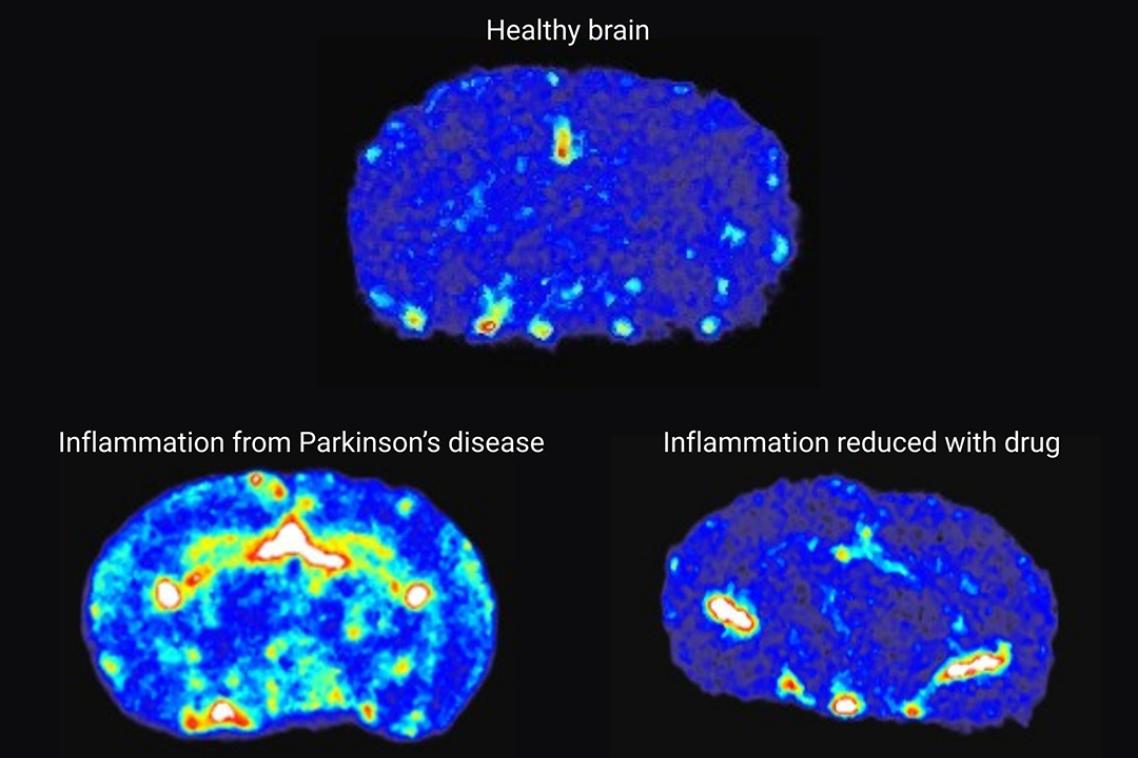New diagnosis needed for problem gaming

(Photo credit: Adobe )
University of Queensland researchers are suggesting a new diagnosis should be added to the official world diseases list to better identify those with gaming disorders.
Honorary Professor John Saunders from UQ’s National Centre for Youth Substance Use Research said a review of the current range of diagnoses found there was a missing “middle ground” on the problem gaming spectrum in the World Health Organization’s International Classification of Diseases.
“In the current classifications, Hazardous Gaming identifies a person at risk of developing harm from gaming, and Gaming Disorder is an addiction to gaming – but there is nothing in between,” Professor Saunders said.
“We developed the definition of Harmful Gaming as a persistent pattern of gaming behaviour that has caused harm to a person’s physical or mental health.
“A Harmful Gaming classification would help identify people who are progressing towards a more severe Gaming Disorder, and provide them with help before it’s too late.”
Gaming Disorder is an addiction to gaming where a person cannot control the habit and prioritises it over relationships, education and work.
“About 3 percent of gamers are diagnosed with a Gaming Disorder, yet more than twice that number would classify for a Harmful Gaming diagnosis,” Professor Saunders said.
“Introducing a Harmful Gaming classification would bring the diagnoses spectrum in line with substance use disorders and provide a framework for public health approaches to combat the harm it causes.”
More than 3 billion people worldwide are estimated to play video games regularly.
Associate Professor Gary Chung Kai Chan said it’s important people recognise when their gaming behaviour is affecting their health and wellbeing.
“Gaming provides many positive experiences for people to connect and build social connections, but it’s important that it’s done in moderation,” Dr Chan said.
“Increasing evidence has shown how addictive video gaming can be for many people, and the harm it can cause.
“It’s crucial to be aware of the amount of time spent on gaming and ensure this is balanced out with other healthy habits to help reduce the risk of harm to our physical and mental health.”
The research was published in Current Opinion in Psychiatry.
Topics
Related articles

Advanced brain imaging reveals promise of new drug for Parkinson’s disease

Researchers build new antibody to target cancer cells
Media contact
UQ Communications
communications@uq.edu.au
+61 429 056 139
